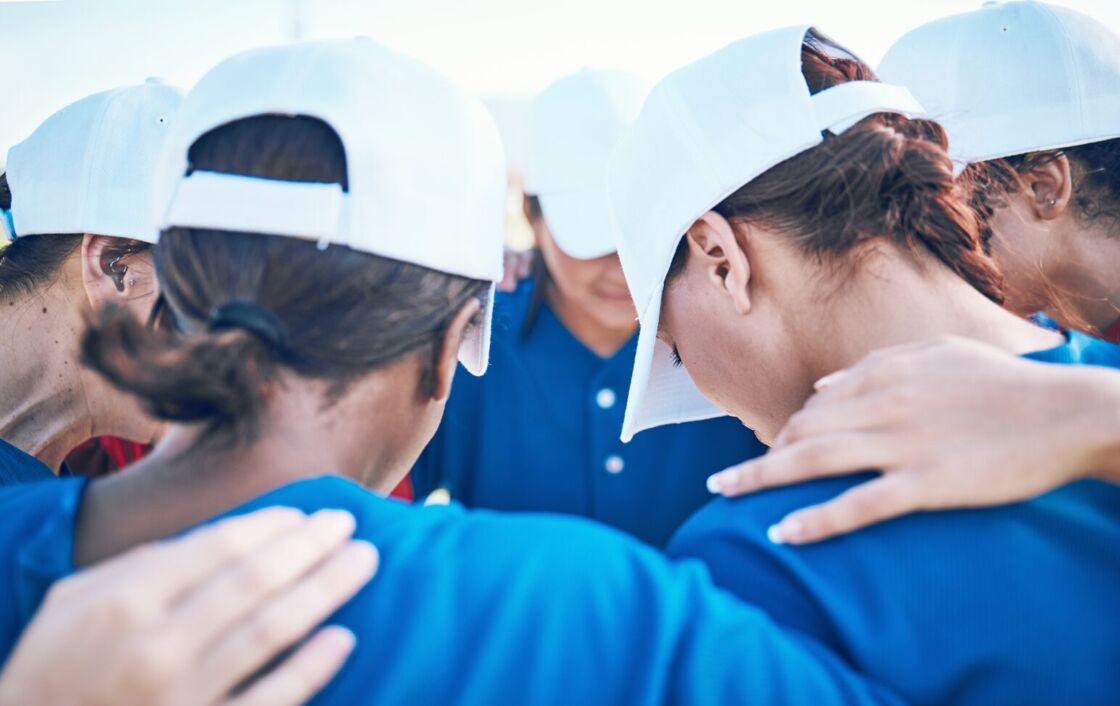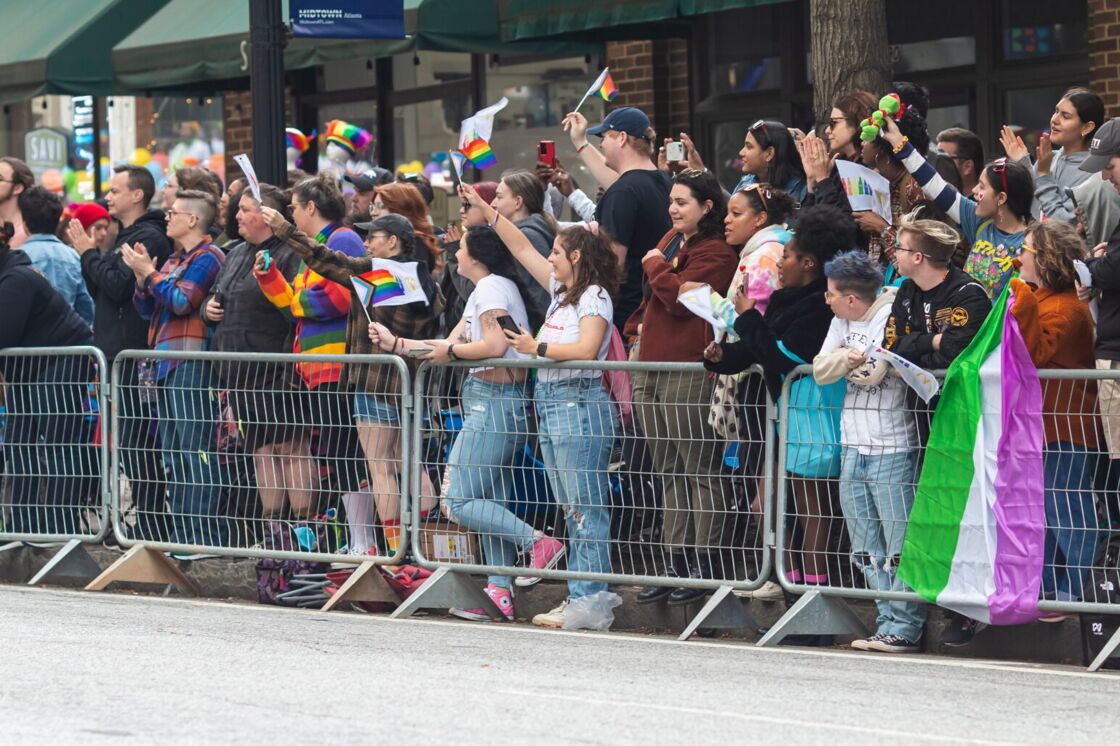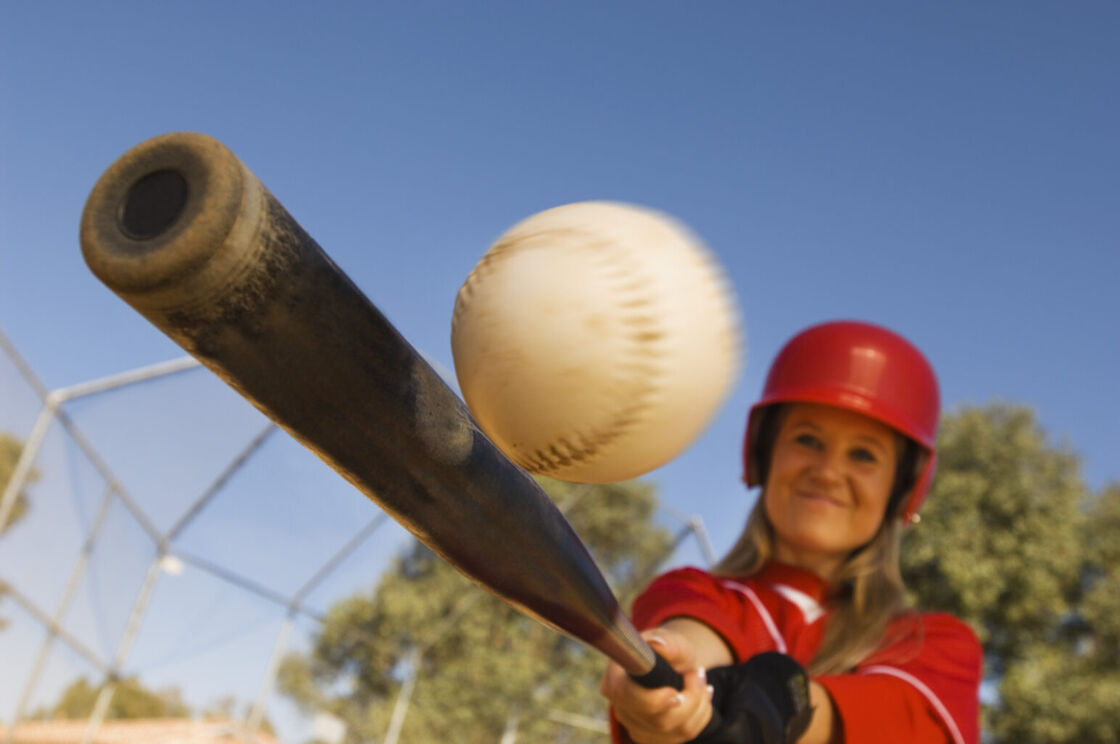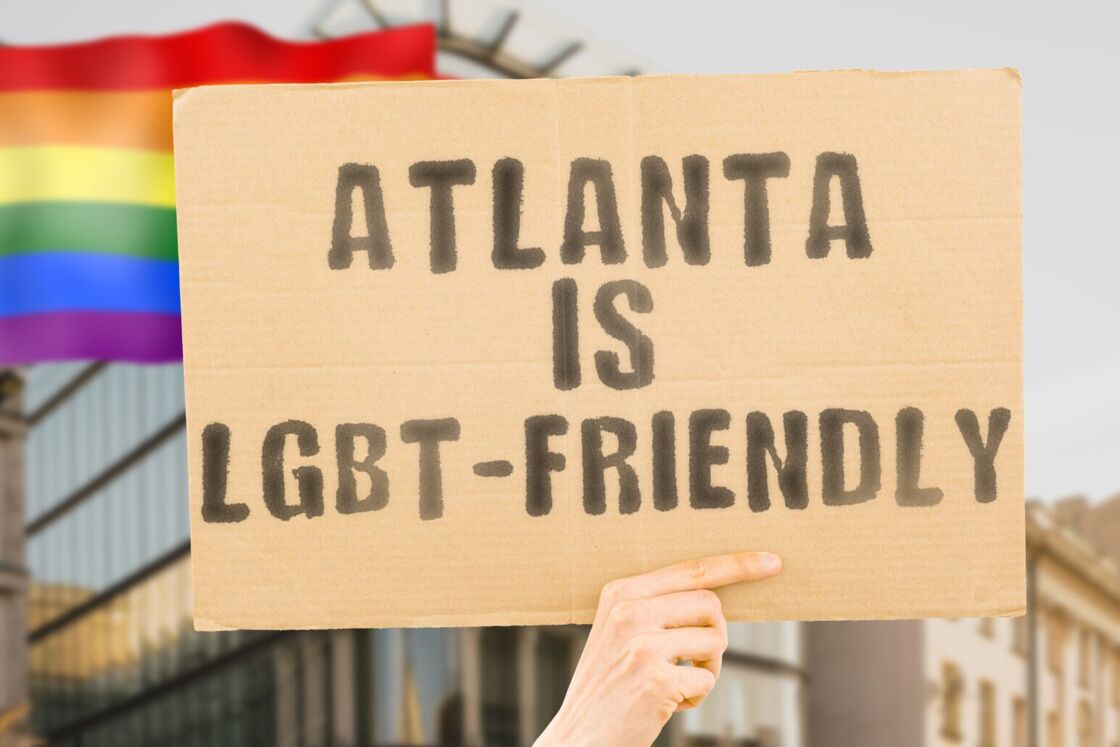The softball league that increased lesbian visibility and started a stereotype
“We ran onto the field, most of us with our hairy legs and armpits, sweating in the sun... Softball made us feel more powerful."

In 1972, women who wanted to play on the Atlanta Lesbian/Feminist Alliance’s softball team, the Omegas, at Iverson Park had to follow one strict rule: no men allowed. Founded that same year, the group soon voted to add another requirement—only lesbians could join—and renamed itself the Atlanta Lesbian Feminist Alliance. Still, women didn’t need to “prove” their sexuality or even openly identify as lesbian to become members.
Batter up, queers. GayCities is paying tribute to the softball team that put lesbian visibility on the map in Atlanta.
Pack your bags, we’re going on an adventure
Subscribe to our weekly newsletter for the best LGBTQ+ travel guides, stories, and more.
Subscribe to our Newsletter today
What was the Atlanta Lesbian Feminist Alliance?

At face value, ALFA was one of the oldest running lesbian feminist organizations in America, operating between 1972 and 1994. It was founded by lesbian activists including Diana Kaye, Elizabeth Knowlton, and Vicki Gabriner.
The organization came to fruition at a time when lesbians didn’t feel seen within the existing gay or feminist movements. They hosted meetings at a communal house where three members lived upstairs.
According to the Atlanta History Center, ALFA’s goals included “building a library for lesbian literature and publications” and “joining with political and civic organizations in Georgia to pressure state lawmakers to ratify the Equal Rights Amendment (ERA), which the United States Senate passed in 1972.”
One of the most significant cultural impacts the ALFAs made was with their softball team, the Omegas. The sport has long served as a medium for lesbian subcultures. The Los Angeles Times reported that up to 50% of players were gay during the 1970s and 1980s. However, being out wasn’t the norm until the Omegas entered the chat.
Why was softball a safe space for lesbian culture?

Although today’s debates around queerness in sports often focus on excluding trans people, there was a time when all LGBTQ+ athletes faced persecution. In many countries, they still do.
Softball has historically been a sanctuary where lesbians found acceptance, camaraderie, and each other. So while it’s both false and a stereotype that a woman who plays softball is a lesbian, there’s truth in the sport fostering community for queer women.
The Omegas stood apart from other softball teams because they didn’t just quietly accept lesbian players, but proudly championed lesbianhood, tailoring their recruitment to attract lesbians specifically.
Related
The legend of the lesbian wolf girls at Vassar College
On campus, you’ll occasionally hear about the “Wolf Girls”—lesbian folklore passed down from the all-women’s college days.
“The ALFA Omegas brought their anti-hierarchy feminist politic to softball,” Southern Cultures reported. “They decided on rosters collectively and gave all players equal time on the field. This egalitarian strategy surprised everyone, especially when the ALFA Omegas made it to the league championship game in 1974, two years after ALFA’s founding. Although they did not win, they showed teams, which often had male coaches and whose players did not advertise their sexuality, a new way of playing and being out.”
Liberation is as nuanced as the identities fighting for equality

The Equal Rights Movement stands on the hills of forgotten soldiers spread across snubbed battlegrounds. An activist organization like the ALFAs and the softball field on which their Omegas played are prime examples of the local grassroots efforts that came together across America and how local voices inspired national change (including the rise of other proud lesbian softball teams).
The Georgia State University Library Special Collections & Archives holds the collection for ALFA and recently hosted its 50th anniversary celebration.
“Atlanta’s Women’s Liberation was too straight and the Gay Liberation Front was too male.” ALFA cofounder Vicki Gabriner wrote in a 1976 article. “We ran onto the field, most of us with our hairy legs and hairy armpits, sweating in the sun, exercising our muscles…Softball made us feel more powerful because we were learning to use our bodies as physical instruments.”
Join the GayCities newsletter for weekly updates on the best LGBTQ+ destinations and events—nearby and around the world.

 Mark
Mark 





